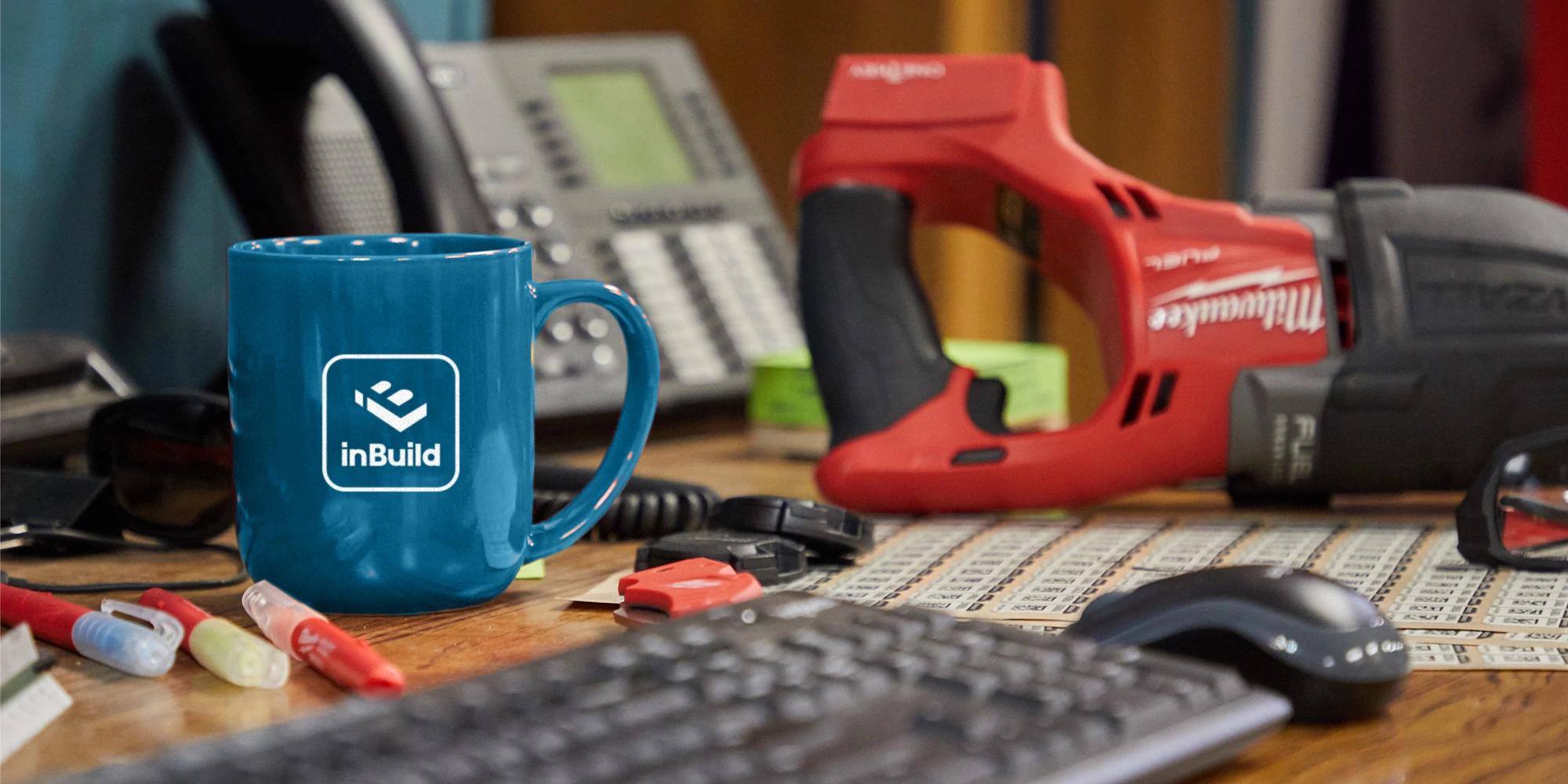In 2023 alone, 392 tech companies laid off 108,901 employees. This means over 100,000 skilled workers are in the job market right now, trying to figure out where they’ll find that next position. Because all the big tech firms — Google, Amazon, Microsoft, Yahoo, Zoom, etc. — have been part of the layoffs, it won’t be easy for workers to hop between well-known companies.
However, there may be an industry offering a place for tech workers that they wouldn’t immediately look to. Over the last couple of years, technology has been adopted rapidly in the construction space. Here’s what you should know about the industry and how tech workers can disrupt it.
Why Has Tech Adoption Increased?
Top construction companies are now introducing roles that require workers with computational skills and project management abilities as well as a real-world understanding of the needs, challenges, and realities of the construction site.
These skills are especially important as AI moves into a variety of industries, including construction. AI is expected to dominate the construction space, primarily addressing the following tasks:
- Reducing errors
- Decreasing injuries
- Training scarce workers
- Enhancing sustainability
- Designing, maintaining, and operating buildings
However, AI has another big challenge before it can run construction companies in this way. It must be used to help with technical debt as a lot of companies don’t have their data under control. You can read more about those challenges in What Happened to Southwest Airlines? A Lesson (and Warning) on Technical Debt.
Additionally, the COVID-19 pandemic has encouraged both construction and real estate to adopt more technology. For instance, social distancing required apartment operators to increase their use of tech-based solutions like virtual tours. Though real estate has been historically slow to adopt technology, this opened the floodgate for mass adoption.
Many multifamily and luxury home-building companies are also jumping straight from traditional vendors to in-house systems. These in-house systems are initially more difficult to implement, but once they’re installed, they operate much more smoothly and have higher resident satisfaction. This step has created a landing space for tech workers in the construction industry where jobs didn’t previously exist.

Tech in Construction: What Are the Benefits?
- Expansion: Hiring tech workers allows a business to expand. When tech is integrated into your process, you have access to automation, and work gets done more quickly while maintaining employee count. This means you’re able to take on more projects and obtain a greater overall profit.
- Automation: Many people get scared when they hear about AI and automation occurring in their industry. Will they be replaced? However, automation in the construction industry simply uses a different skill set than human workers. Partnering with technology—instead of trying to fight against it—is vital to progress.
- Collaboration: Think of tech liaisons as a partner in this space. They’re not only there to help make processes more efficient and secure; they also offer diversity in skillsets and outlooks. They’ll coordinate with you on projects and offer insight into parts of the business you may not have thought of.
Final Thoughts
As technical debt in the construction industry increases, it is time to consider an employee that specializes in tech to usher your company into the next stage of tech-based efficiencies. inBuild also offers a simple way to automate and grow your construction business. Sign up for a live demo today to learn more.











